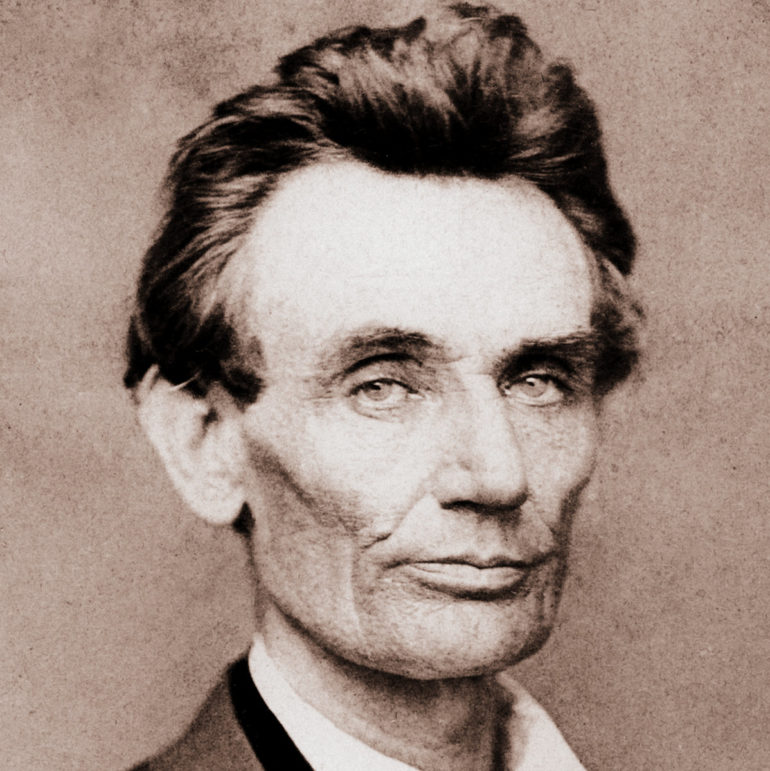The top timeless attributes of leadership
What makes someone a great leader? Here are 11 important factors of leadership that stay the same from decade to decade, century to century. This set, which can still be recognized as truth, was written in the 1930s.
1. Unwavering courage based upon knowledge of self, and of one’s occupation.
No follower wishes to be dominated by a leader who lacks self-confidence and courage. No intelligent follower will be dominated by such a leader very long.
2. Self-control.
The man who cannot control himself can never control others. Self-control sets a mighty example for one’s followers, which the more intelligent will emulate.
3. A keen sense of justice.
Without a sense of fairness and justice, no leader can command and retain the respect of his followers.
4. Definiteness of decision.
The man who wavers in his decisions shows that he is not sure of himself. He cannot lead others successfully.
5. Definiteness of plans.
The successful leader must plan his work, and work his plan. A leader who moves by guesswork, without practical, definite plans, is comparable to a ship without a rudder. Sooner or later he will land on the rocks.
6. The habit of doing more than paid for.
One of the penalties of leadership is the necessity of willingness, upon the part of the leader, to do more than he requires of his followers.
7. A pleasing personality.
No slovenly, careless person can become a successful leader. Leadership calls for respect. Followers will not respect a leader who does not grade high on all of the factors of a pleasing personality.
8. Sympathy and understanding.
The successful leader must be in sympathy with his followers. Moreover, he must understand them and their problems.
9. Mastery of detail.
Successful leadership calls for mastery of details of the leader’s position.
10. Willingness to assume full responsibility.
The successful leader must be willing to assume responsibility for the mistakes and the shortcomings of his followers. If he tries to shift this responsibility, he will not remain the leader. If one of his followers makes a mistake, and shows himself incompetent, the leader must consider that it is he who failed.
11. Cooperation.
The successful leader must understand, and apply the principle of cooperative effort and be able to induce his followers to do the same. Leadership calls for power, and power calls for cooperation.
What makes someone a great leader? Picking the right form of leadership
There are two forms of leadership. The first, and by far the most effective, is leadership by consent of, and with the sympathy of the followers. The second is leadership by force, without the consent and sympathy of the followers.
History is filled with evidence that leadership by force cannot endure. The downfall and disappearance of “Dictators” and kings is significant. It means that people will not follow forced leadership indefinitely.
The world has just entered a new era of relationship between leaders and followers, which very clearly calls for new leaders, and a new brand of leadership in business and industry. Those who belong to the old school of leadership-by-force, must acquire an understanding of the new brand of leadership (cooperation) or be relegated to the rank and file of the followers. There is no other way out for them.
The relationship of employer and employee, or of leader and follower, in the future, will be one of mutual cooperation, based upon an equitable division of the profits of business. In the future, the relationship of employer and employee will be more like a partnership than it has been in the past.
Napoleon, Kaiser Wilhelm of Germany, the Czar of Russia, and the King of Spain were examples of leadership by force. Their leadership passed. Without much difficulty, one might point to the prototypes of these ex-leaders, among the business, financial, and labor leaders of America who have been dethroned or slated to go. Leadership-by-consent of the followers is the only brand which can endure!
Men may follow the forced leadership temporarily, but they will not do so willingly.
The new brand of leadership will embrace the eleven factors of leadership. The man who makes these the basis of his leadership, will find abundant opportunity to lead in any walk of life.
Also see: 10 big ways leaders can fail







